14 Foods to Help You Live to 100
While there’s no single food that can magically extend your life, there are plenty of foods that you can eat as part of an overall dietary pattern that may help reduce your risk of disease and increase longevity.
Research shows that lifestyle and diet play a huge role in longevity and healthspan. Eating the right foods can help minimize disease risk, maintain a healthy body and mind, and add years to your life.
For example, take a look at the dietary patterns observed in the world’s “Blue Zones,” places in the world where people live long and healthy lives. Common across all these zones is a high intake of plant-based foods like fruits, vegetables, whole grains, legumes, nuts, and seeds.
That’s because these foods provide an abundance of phytochemicals and flavonoids, compounds that have anti-inflammatory and anticarcinogenic properties.
If you’re looking to extend your lifespan, these are the 14 foods shown to help you live to 100.
Crucerifous Vegetables
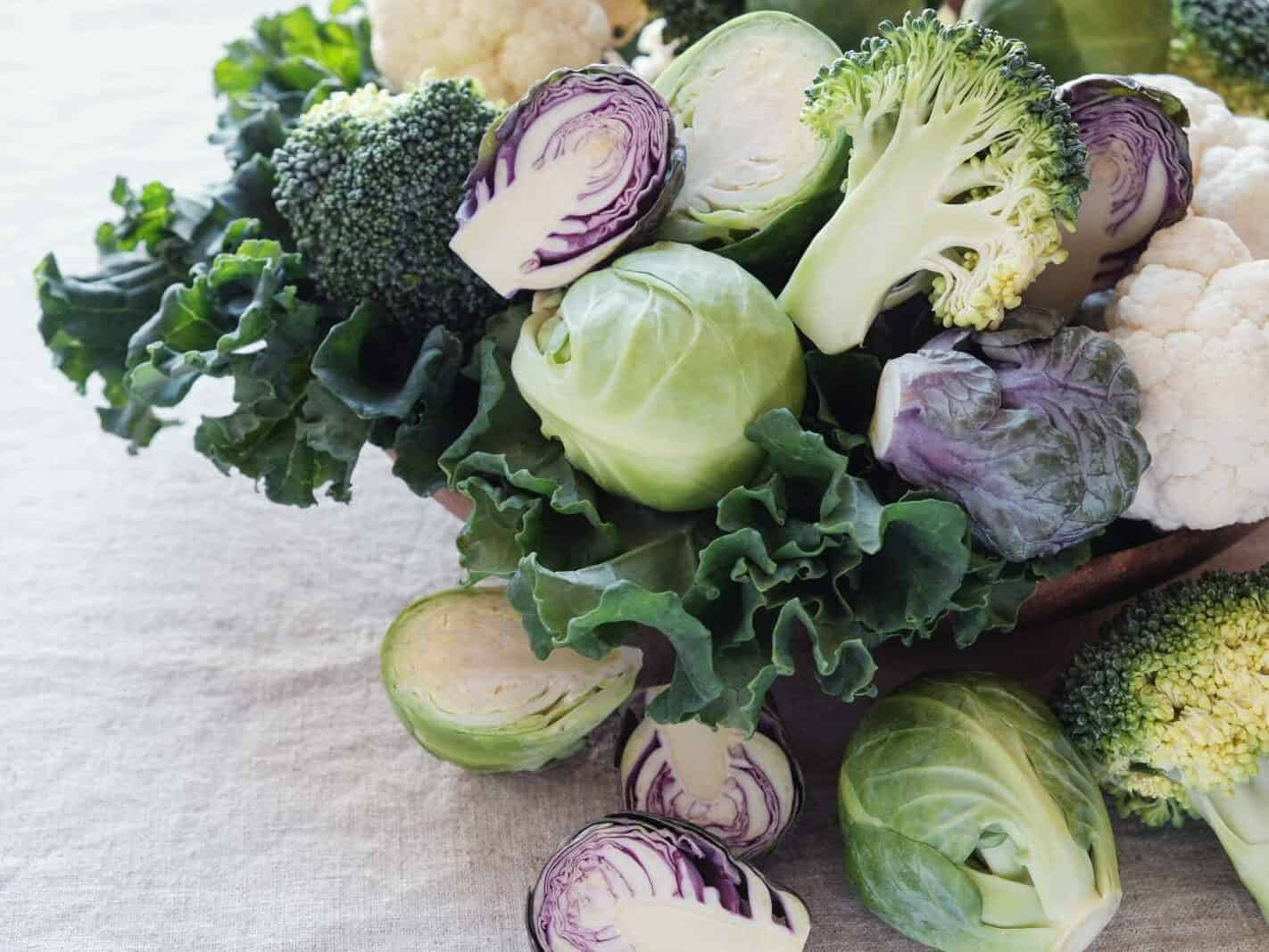
Cruciferous vegetables like broccoli, cabbage, and cauliflower are considered to be longevity super-stars. In Sardinia, one of the Blue Zones, individuals consume cruciferous vegetables daily, which may alter thyroid function and may help slow down metabolism to help you live longer.
Nuts
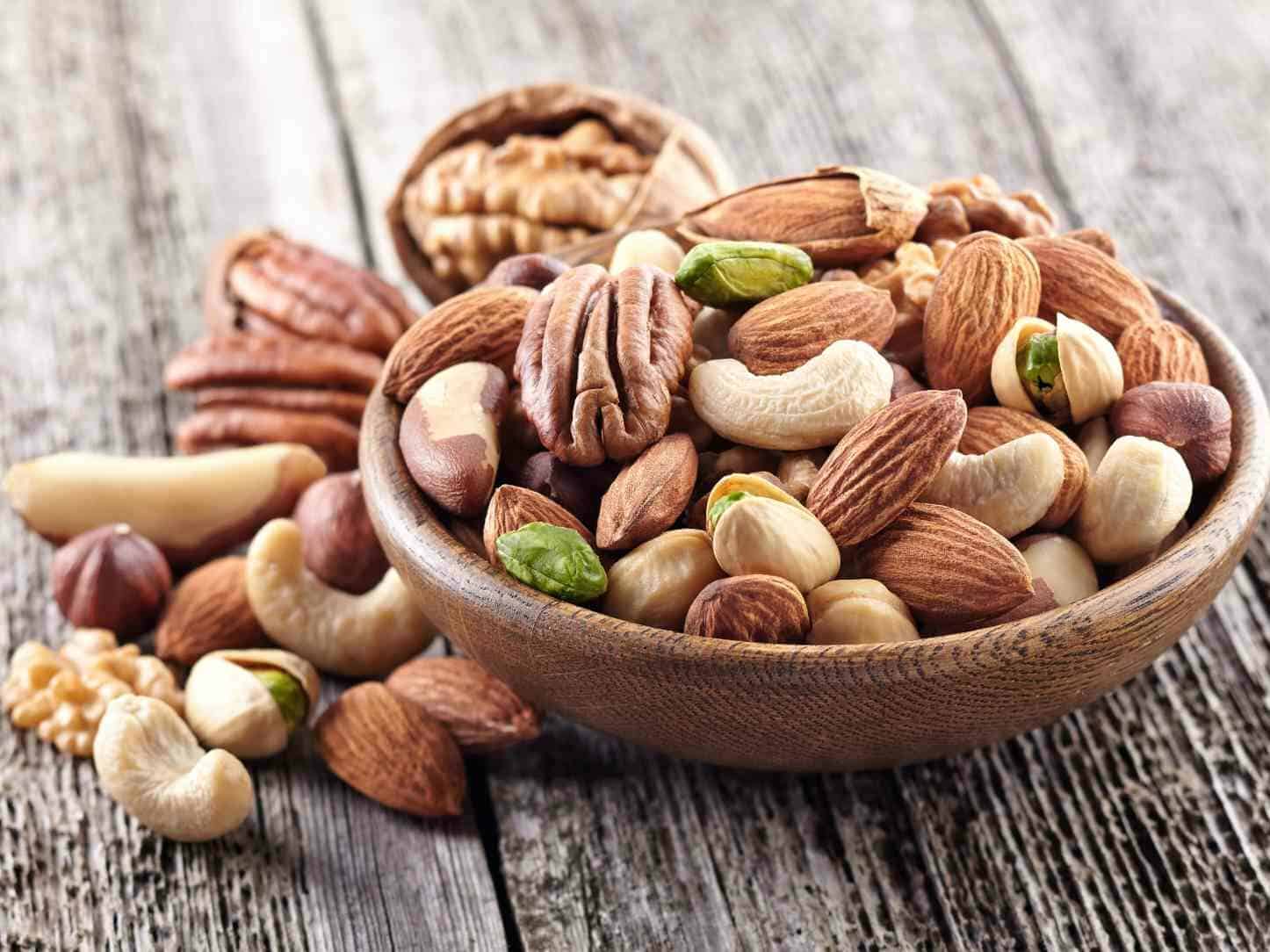
Grab a handful of nuts for a healthier, longer life. The PREDIMED study, a large, long-term nutritional intervention trial, observed a significant reduction in the risk of major cardiovascular events among those who ate a Mediterranean-type diet with mixed nuts compared to a reduced-fat diet. Those who consumed nuts were shown to have a 39% lower mortality risk.
Consider snacking on nuts or using nuts in place of dairy in recipes like a dairy-free queso dip.
Extra-Virgin Olive Oil
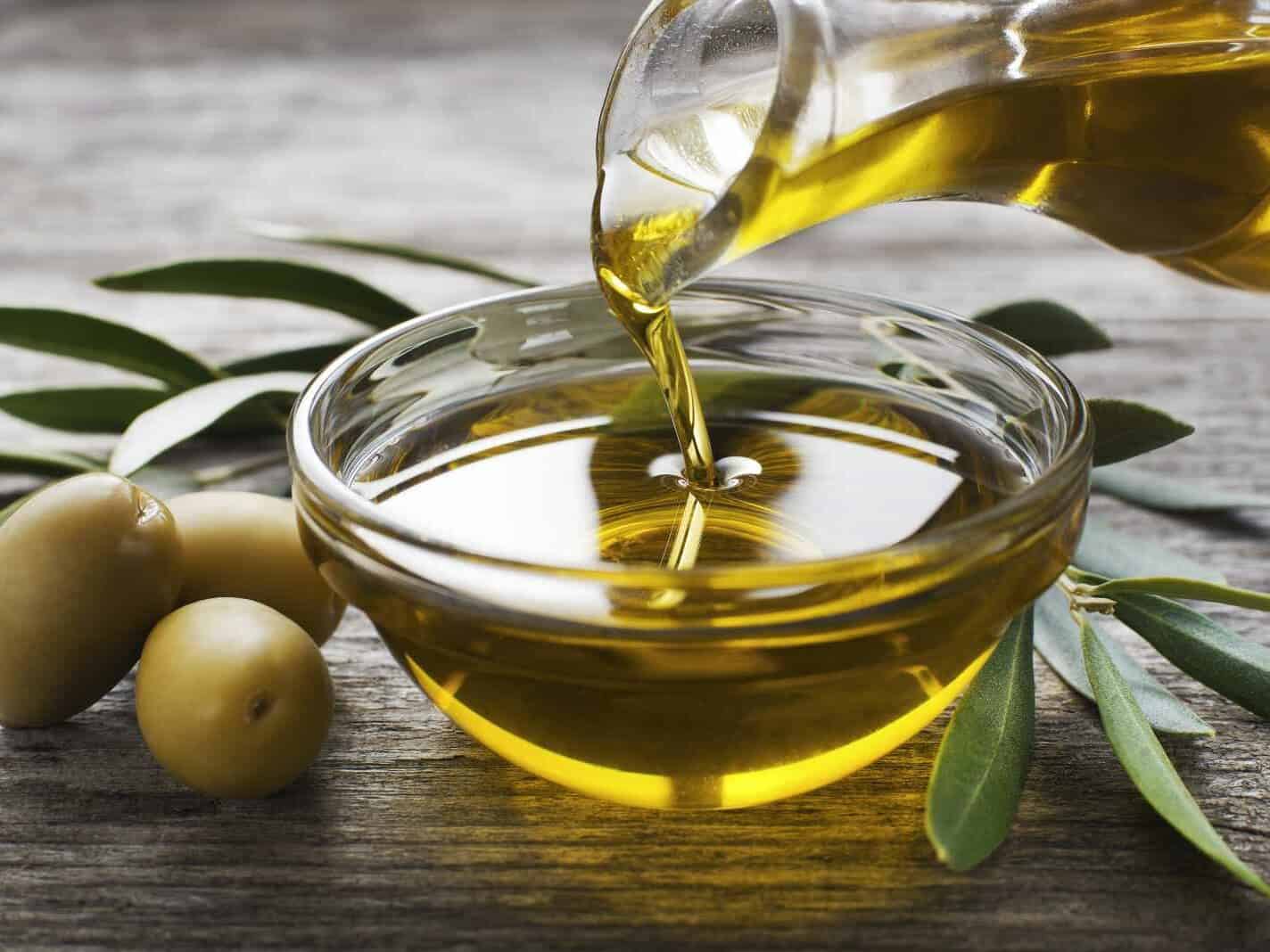
A 2022 study in the Journal of the American College of Cardiology showed that people who ate more than ½ tablespoon of olive oil per day had a 19% lower risk of dying than those who rarely or never consume olive oil. Specifically, those who enjoyed olive oil had a 29% lower risk of dying from neurodegenerative disease, a 19% lower risk of heart disease, and a 17% lower risk of dying from cancer.
Quinoa
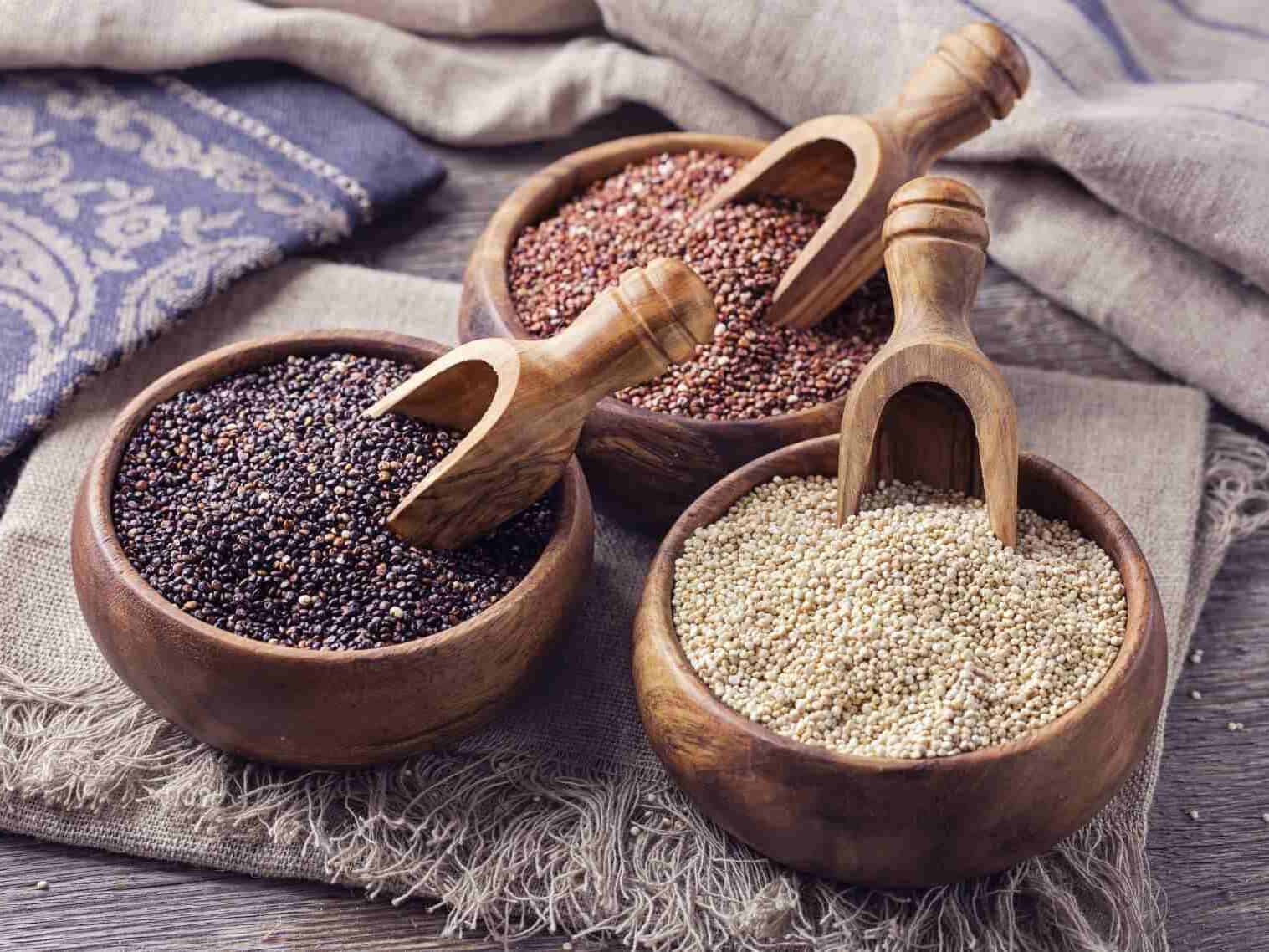
A 2019 report in the journal Nutrients, showed that even modest amounts of red meat can have a negative impact on life expectancy. When compared with vegetarians, people who ate roughly 2 ounces of meat a day were 26% more likely to die from cardiovascular disease.
The good news is that swapping in plant-based proteins for animal protein is associated with a lower mortality risk. Favorite meat-for-plant swaps include legumes, quinoa, whole grains, nuts and seeds, tofu and tempeh. Middle-aged folks who shifted just 3% of their caloric intake from animal protein to plant protein experienced a 10% decrease in all-cause death over a 16-year span. The longest-lived individuals in the blue zones eat red meat twice a week at most, in serving sizes that equal no more than 2 ounces cooked.
Beans
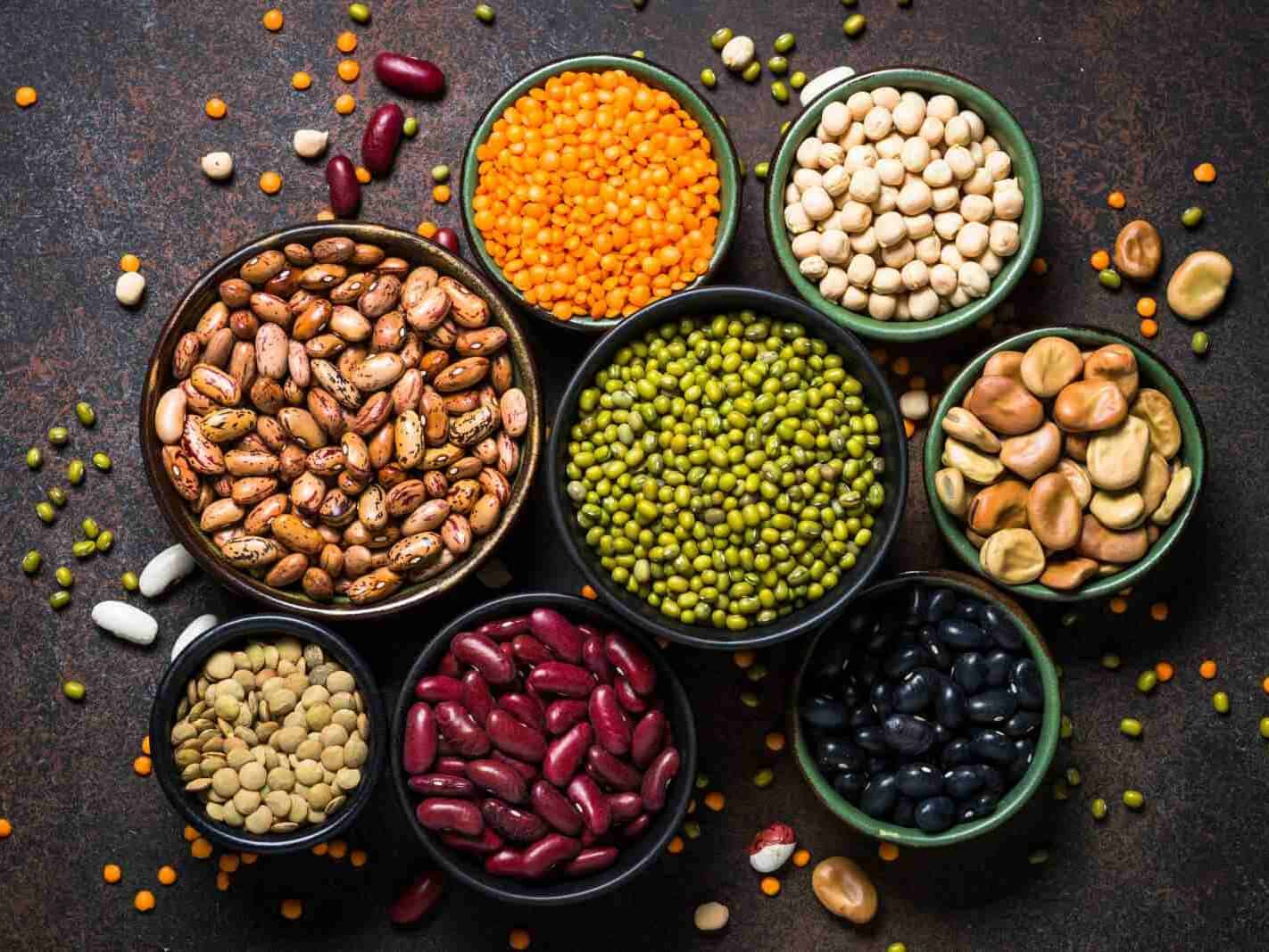
Cheap and versatile, beans are a food eaten almost daily in all of the Blue Zones. Moreover, nuts, beans, and grains are also high in healthy fiber and complex carbohydrates.
Salmon
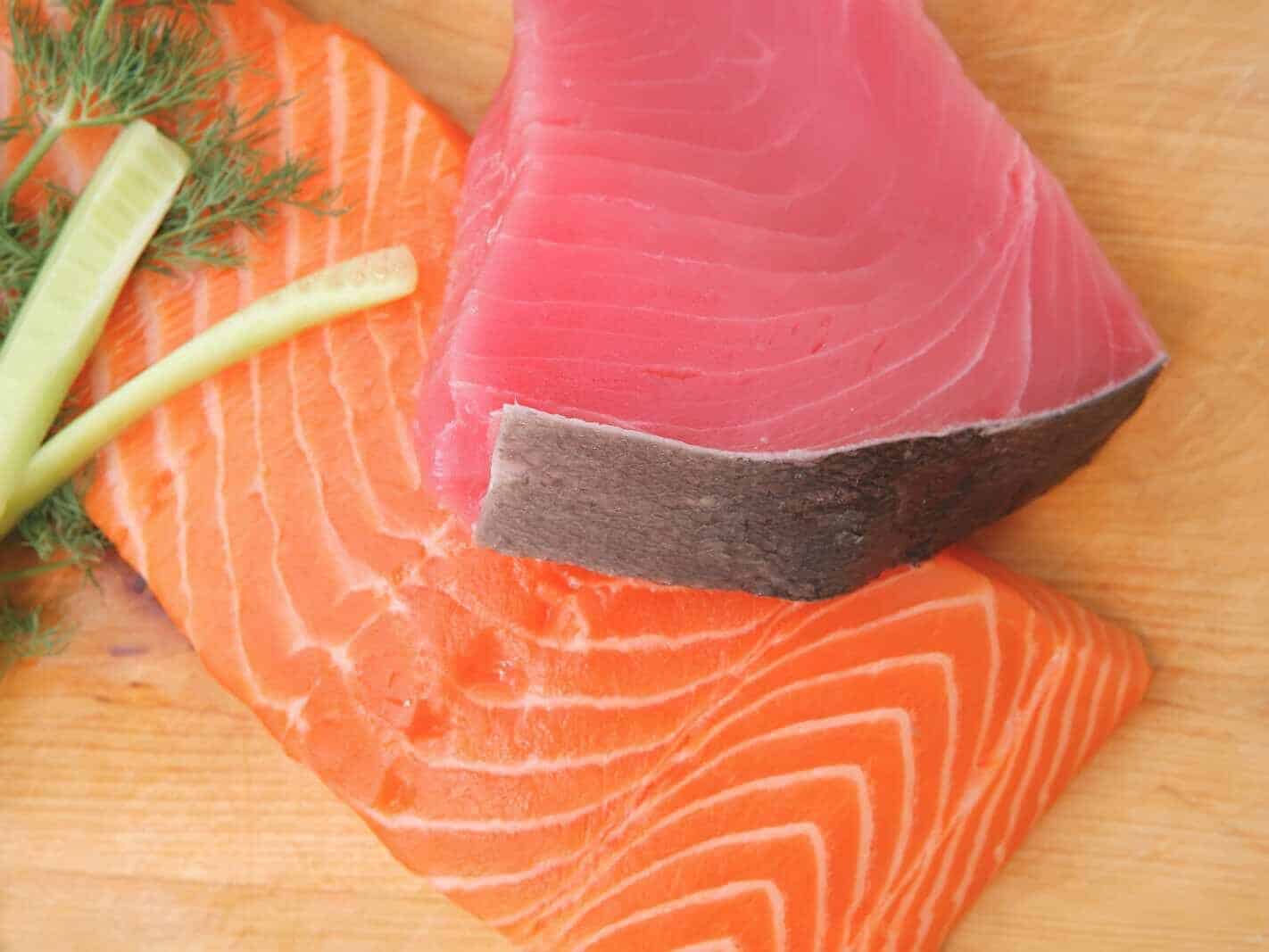
Fatty fish such as salmon and tuna are good sources of heart-healthy protein along with nutrients that can be harder to find in an exclusive plant-based diet– like DHA, B12, and iodine.
Onions
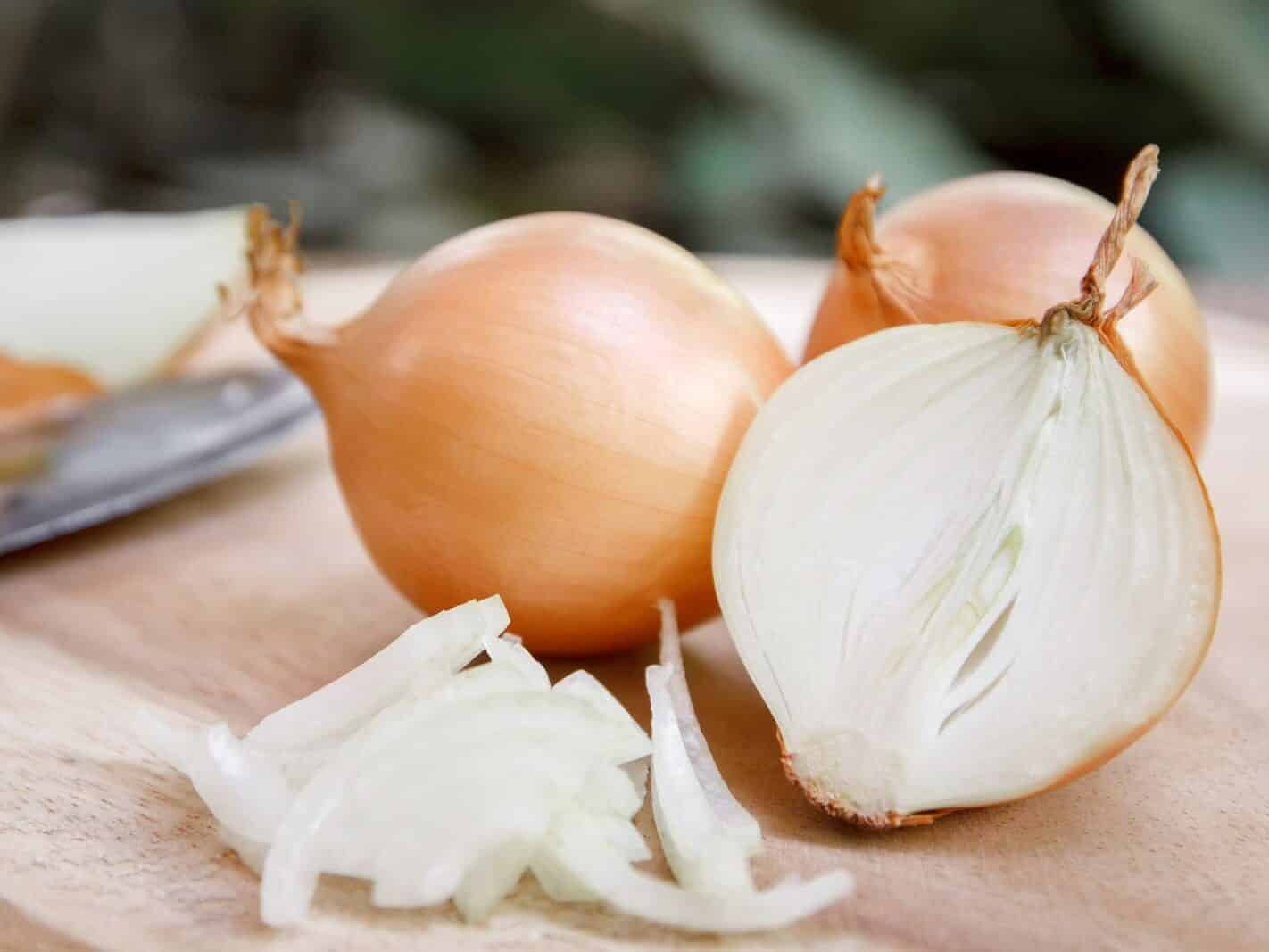
Onions are the richest source of quercetin, an antioxidant that has a protective function against aging, per the same 2022 Molecules study as referenced above. It’s believed that quercetin-rich onions can help improve cognitive function. As a bonus, any cook will tell you that most meals are made better with onions!
If you’re looking to up your onion intake, consider this Caramelized Onion Fettuccine Pasta.
Whole Grains
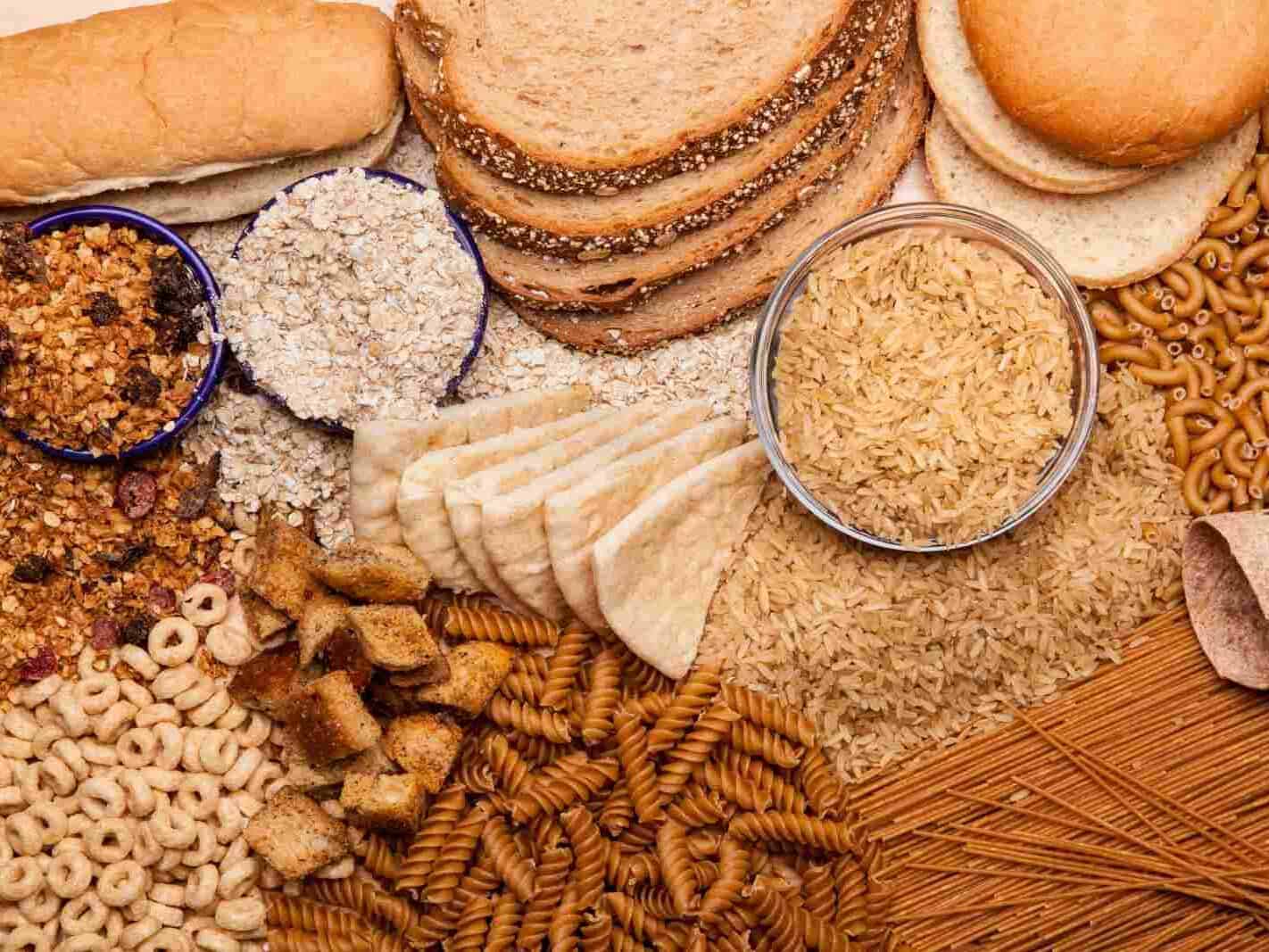
That’s right, you don’t have to give up your grains. Those who ate about 2.4 ounces of whole grains each day were observed to have a lower risk of premature death compared to the group who ate fewer or no whole grains, according to a 2016 Circulation study.
Other nutrient-rich whole grains include wild rice, oatmeal, farro, and quinoa.
Avocados
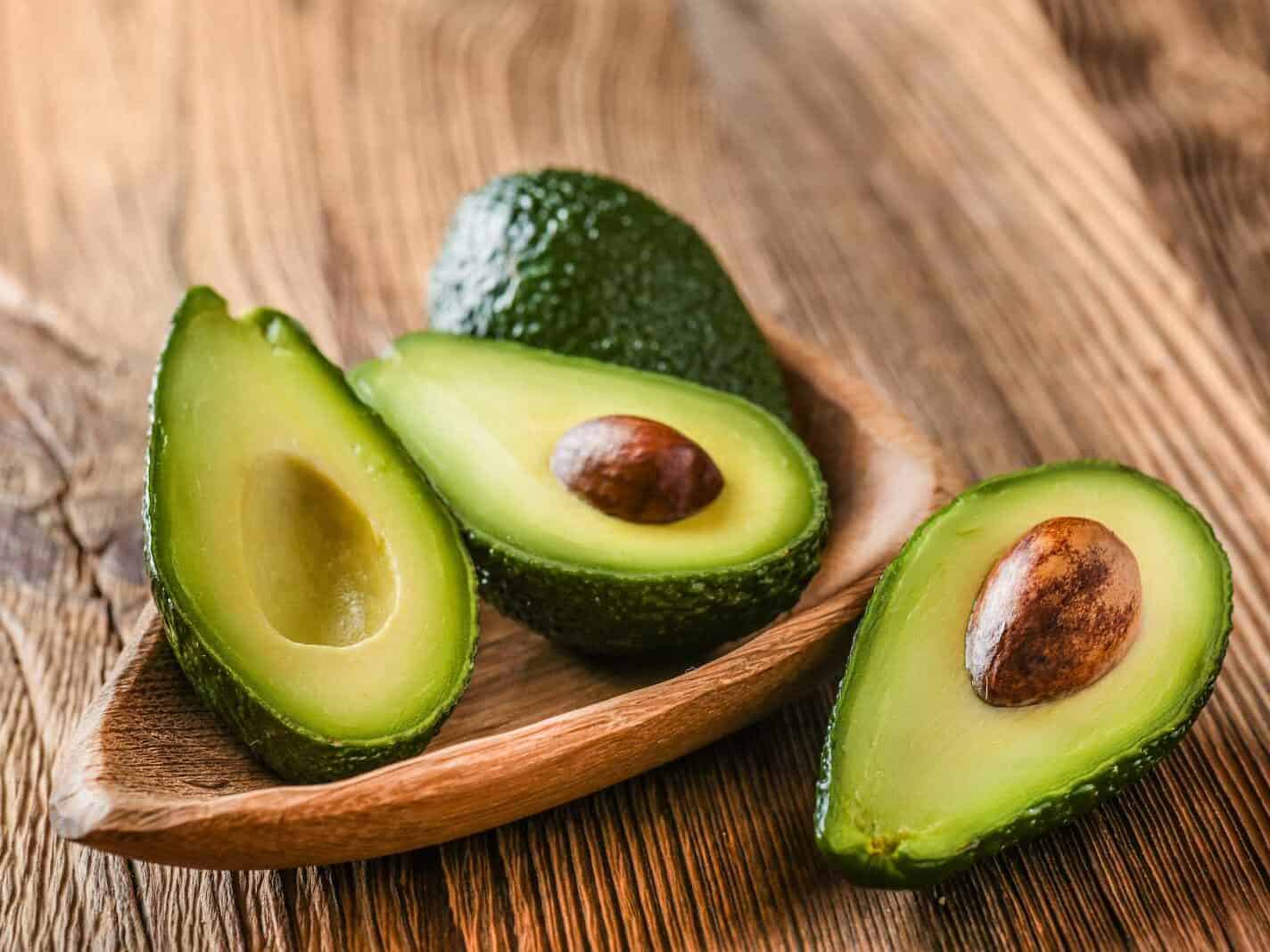
Who doesn’t need a reason to enjoy more avocados? A 30-year Harvard study published in the Journal of the American Heart Association found that those who ate at least two servings of avocado a week had a lower risk of cardiovascular disease than those who rarely ate them.
Fresh Herbs and Spices
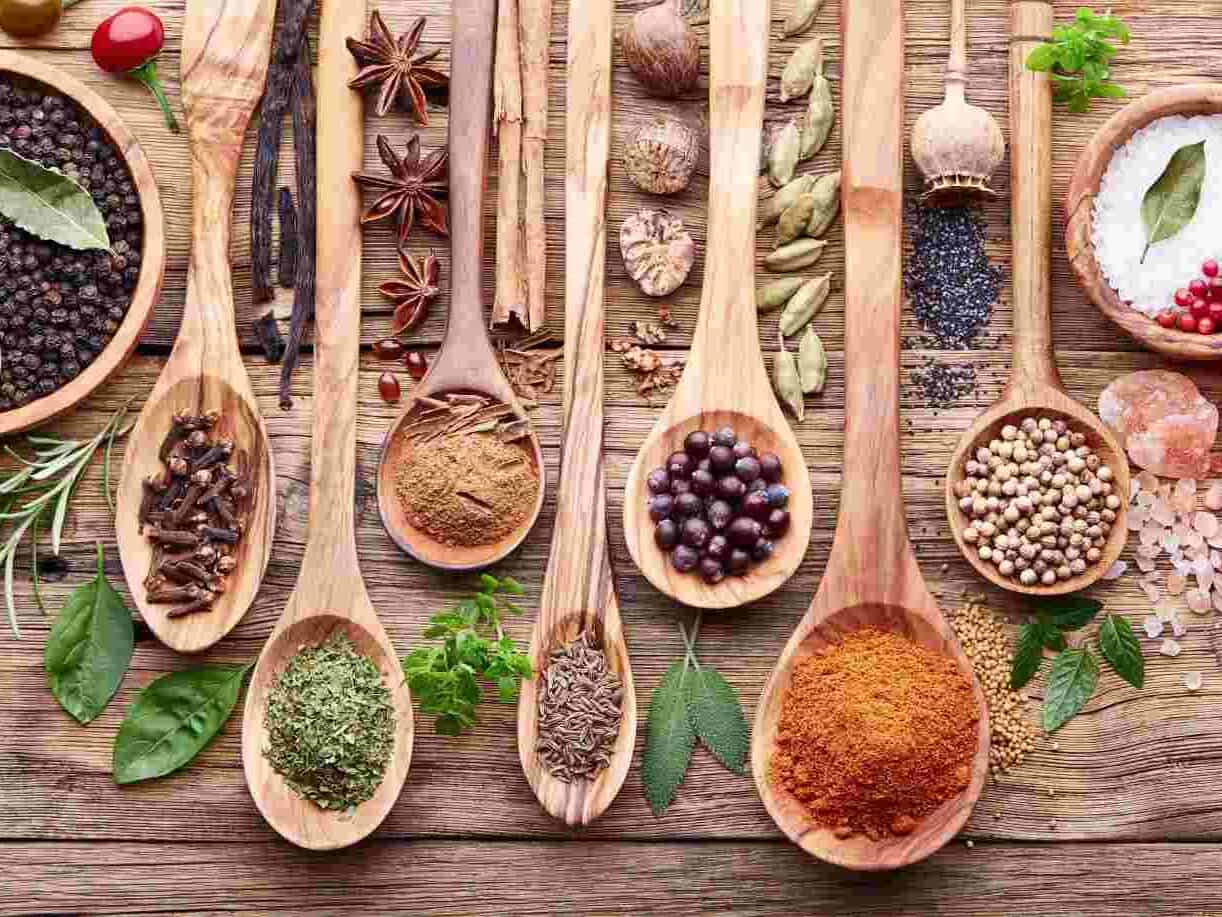
Rosemary, oregano, sage, mint, garlic, and turmeric all possess well-documented medicinal values while adding incredible flavor to your meals. People who live in the blue zones, like in Okinawa, Japan, often have an herb garden to pick fresh herbs from each day.
Water

Yes, plain water! We don’t consider it a food, but it’s a must for proper aging. Taking in adequate water can help with both cognitive and GI function as well as ensure proper electrolyte balance. As our thirst mechanism decreases as we age, ensuring you get enough water is key.
Cottage cheese
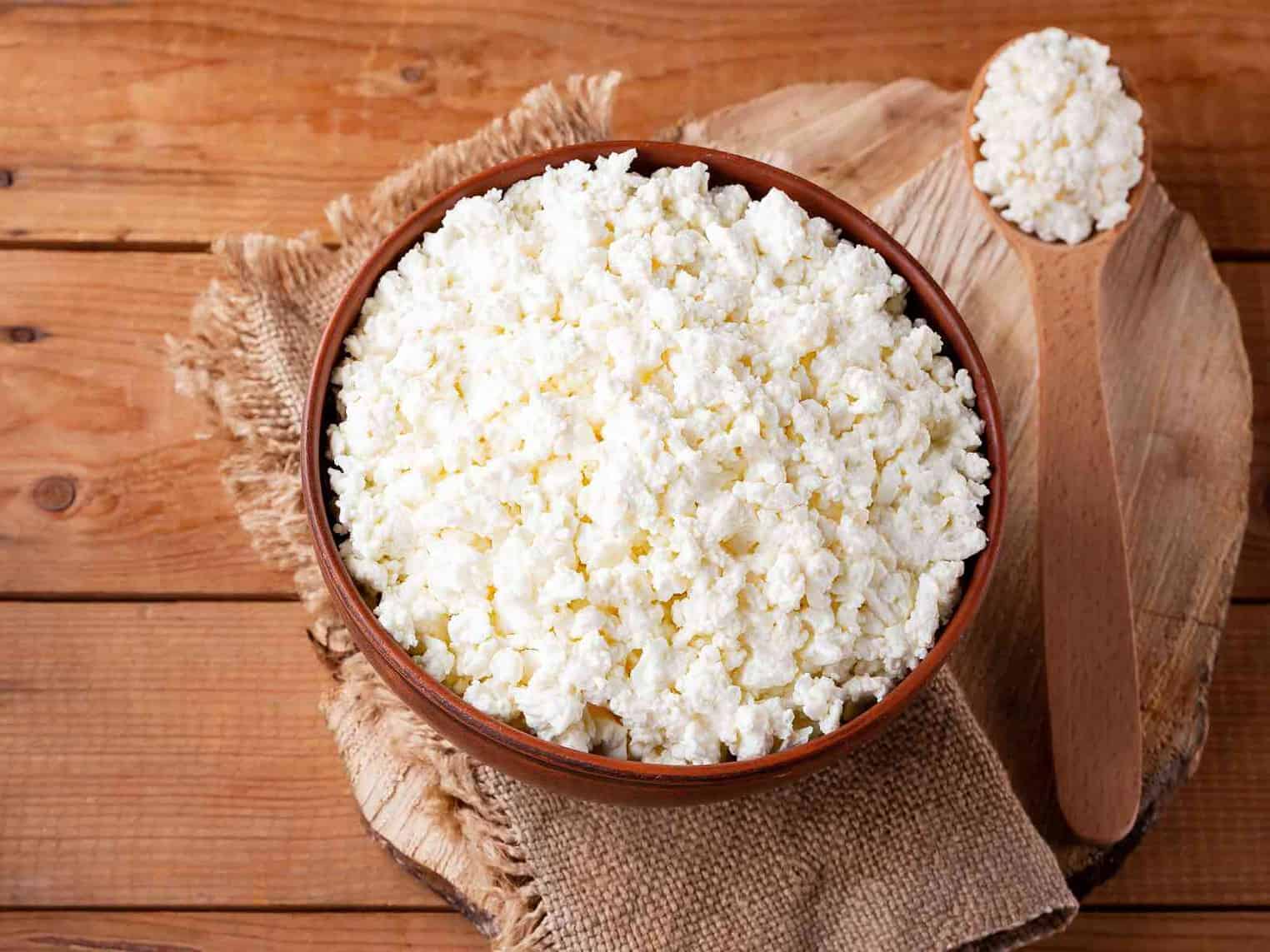
Cottage cheese contains whey protein, which helps with muscle protein synthesis. It’s also high in calcium and vitamin D, two nutrients that help with bone health as we age.
Leafy Green Vegetables
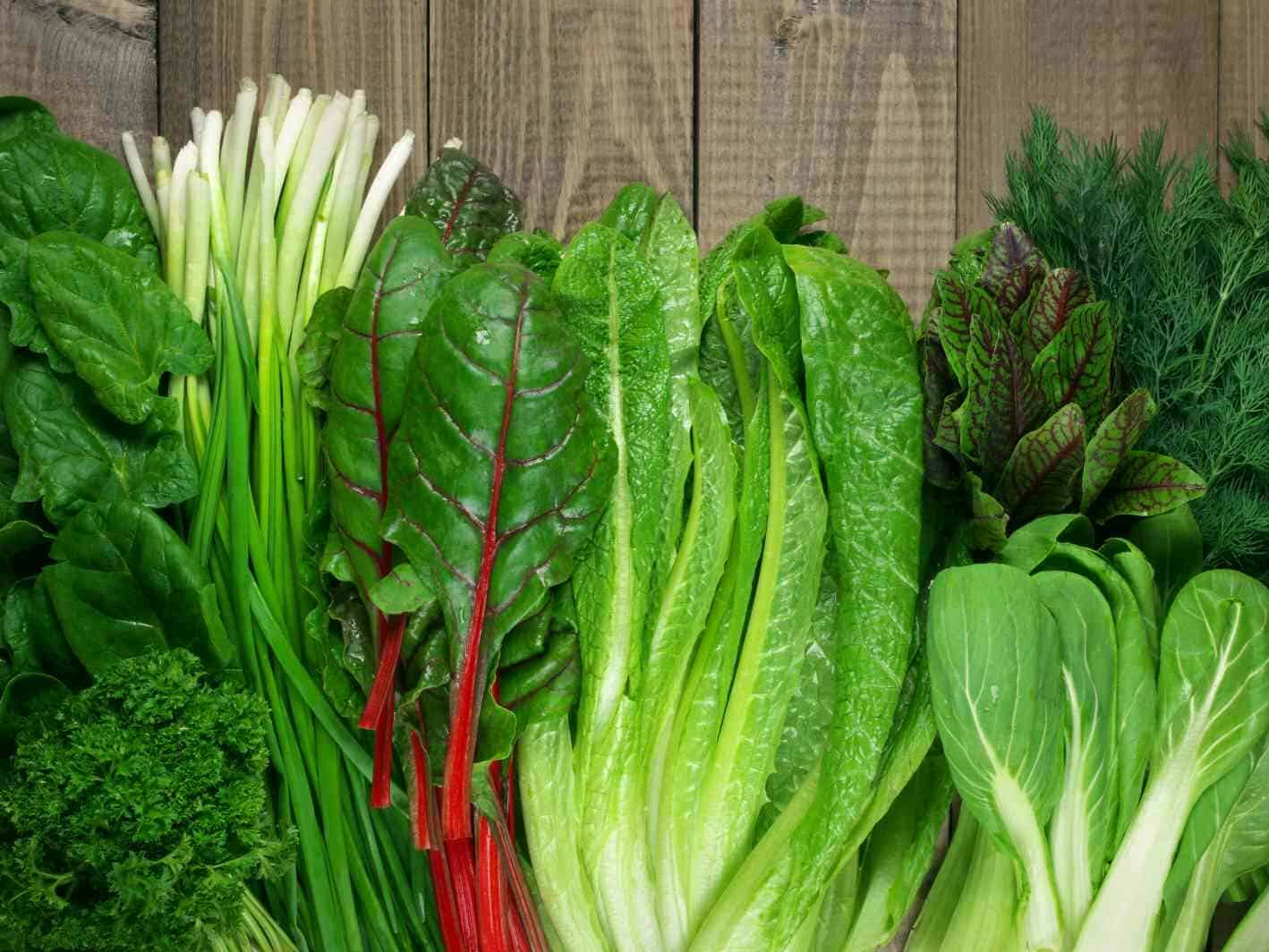
The resounding refrain in any conversation around diet and longevity is to eat more plant foods. The evidence is very clear on the health-promoting effects of a mostly plant-based diet. A large-scale 2021 report in the journal Circulation found that consuming about two servings of fruit and three vegetables a day is likely the optimal amount for a longer life. Five-servings-a-day individuals had a 12% lower risk of death from cardiovascular disease, a 10% lower risk of death from cancer, and a 35% lower risk of death from respiratory disease when compared with those who ate just two servings a day. Specifically, green leafy vegetables showed the most longevity benefits.
Berries
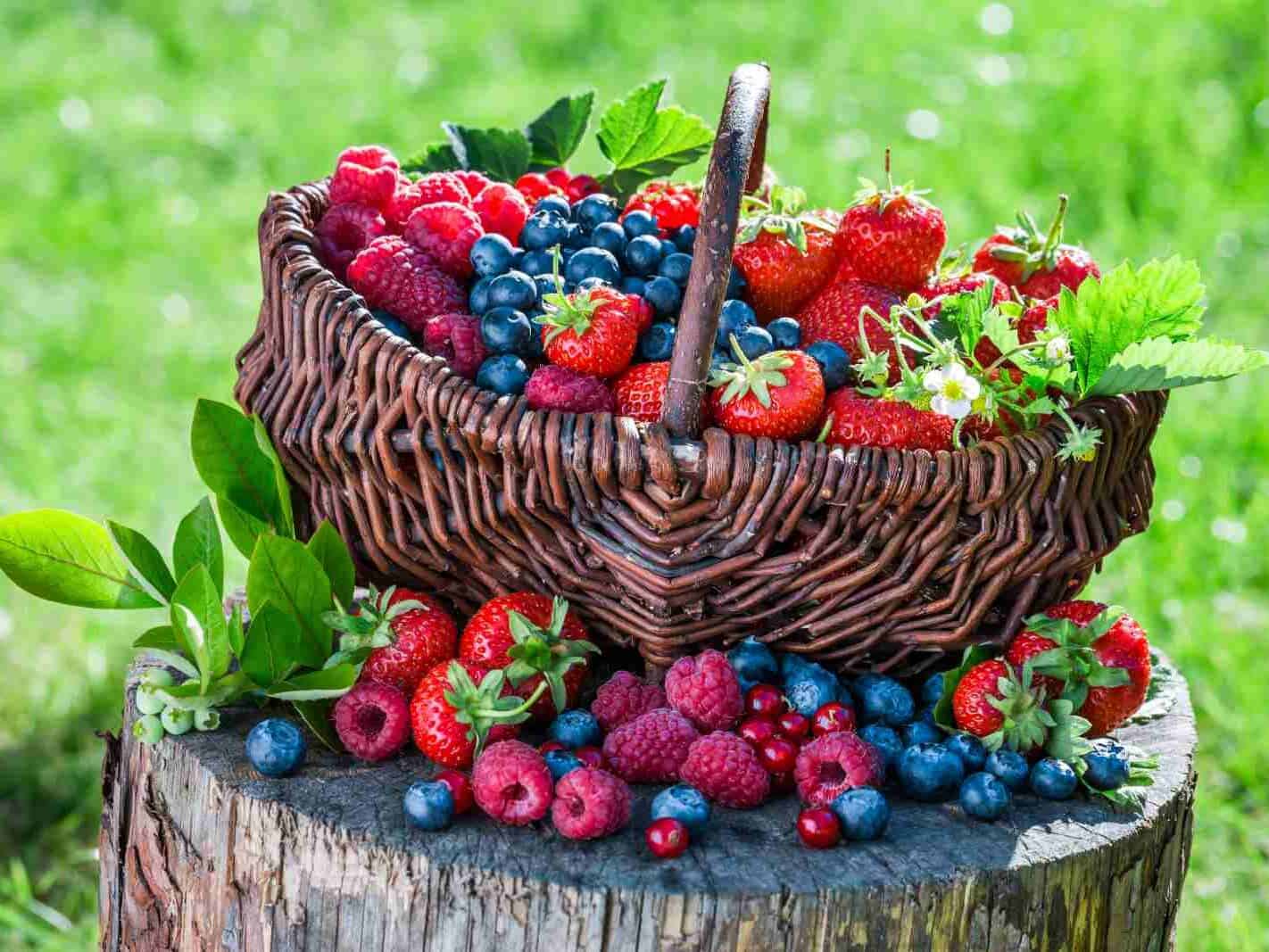
The Nurses Health Study, one of the largest studies into the risk factors for major chronic diseases in women, followed over 93,000 women for decades. In examining their diets and health outcomes, there was a close link between eating flavonoid-rich foods—like berries—and a lower risk of all-cause mortality.

